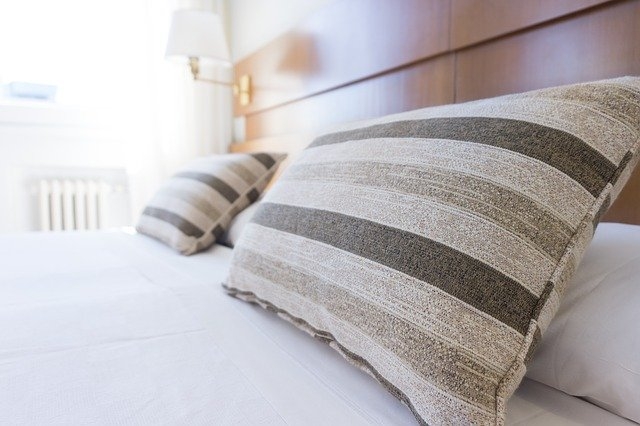
Contact Us
Tel: 0113 843 4388
Email: leeds.mws@nhs.net
Our office opening hours are:
Monday, 8:00am - 4:00pm
Tuesday, 8:00am - 4:00pm
Wednesday, 8:00am - 4:00pm
Thursday, 8:00am - 4:00pm
Friday, 8:00am - 4:00pm
Please note we are closed on Bank Holidays.
Find Us
Burmantofts Health Centre, Cromwell Mount Leeds, LS9 7TA
LMWS Blog: The Secrets of Good Sleep
Sleep is very important for both our mental wellbeing and physical health. However, everyday stress and anxiety can trouble our sleep and lead to further health issues.
Our Psychological Wellbeing Practitioner and new Sleep Well session lead, Vanessa Suttill explains how you can improve your sleep and support your mental health.
Different for everyone
‘Good sleep looks different for everyone,’ says Vanessa. ‘But we all experience difficulties from time to time.’
Some people sleep too much, while others struggle to sleep at all. ‘Many can sleep for hours but don’t feel rested in the morning,’ says Vanessa. ‘Others can’t drift off, or wake up throughout the night. It’s also common to wake up too early and not be able to get back to sleep.’
Age can be a factor too. ‘Older people tend to need less sleep and sleep lighter, waking up more times during the night,’ Vanessa explains. ‘It’s important to accept this change, and not worry about getting the 8 hours’ sleep you used to have.’
What causes sleep problems?
‘Your physical and mental wellbeing are linked together,’ says Vanessa. ‘When you struggle with sleep, it can affect your energy levels, your concentration and your emotions. This also works the other way round – when you feel more anxious or depressed this impacts your sleep.’
Big changes are a common cause. ‘Stressful life events like bereavement, divorce or redundancy often make sleep difficult,’ Vanessa says. ‘Physical conditions like arthritis, long-term illness and pregnancy have similar effects too.’
The pandemic has seen a rise in sleep troubles. ‘Anxiety and low mood have increased over the past year which, in turn, have caused problems with sleep.’
How can you improve your sleep?
The best place to start is with practical changes. Vanessa suggests adapting your routine and your environment to promote better sleep.
‘Clean bedding and reduced noise and light can all improve sleep,’ she says. ‘Exercise and relaxation techniques also help, and try to avoid caffeine, nicotine and alcohol if your sleep is suffering.’
Vanessa also recommends our free online Sleep Well session, which teaches cognitive behavioural therapy (CBT) techniques to help you improve your wellbeing and thus improve your sleep. ‘Our session teaches a range of practical self-help skills to help you manage your stress and develop a relaxing sleep routine,’ she says.
Sign up for our next free online Sleep Well session.
MindWell has a wealth of resources to help improve your sleep, and you can find more health and wellbeing tips at One You Leeds.


